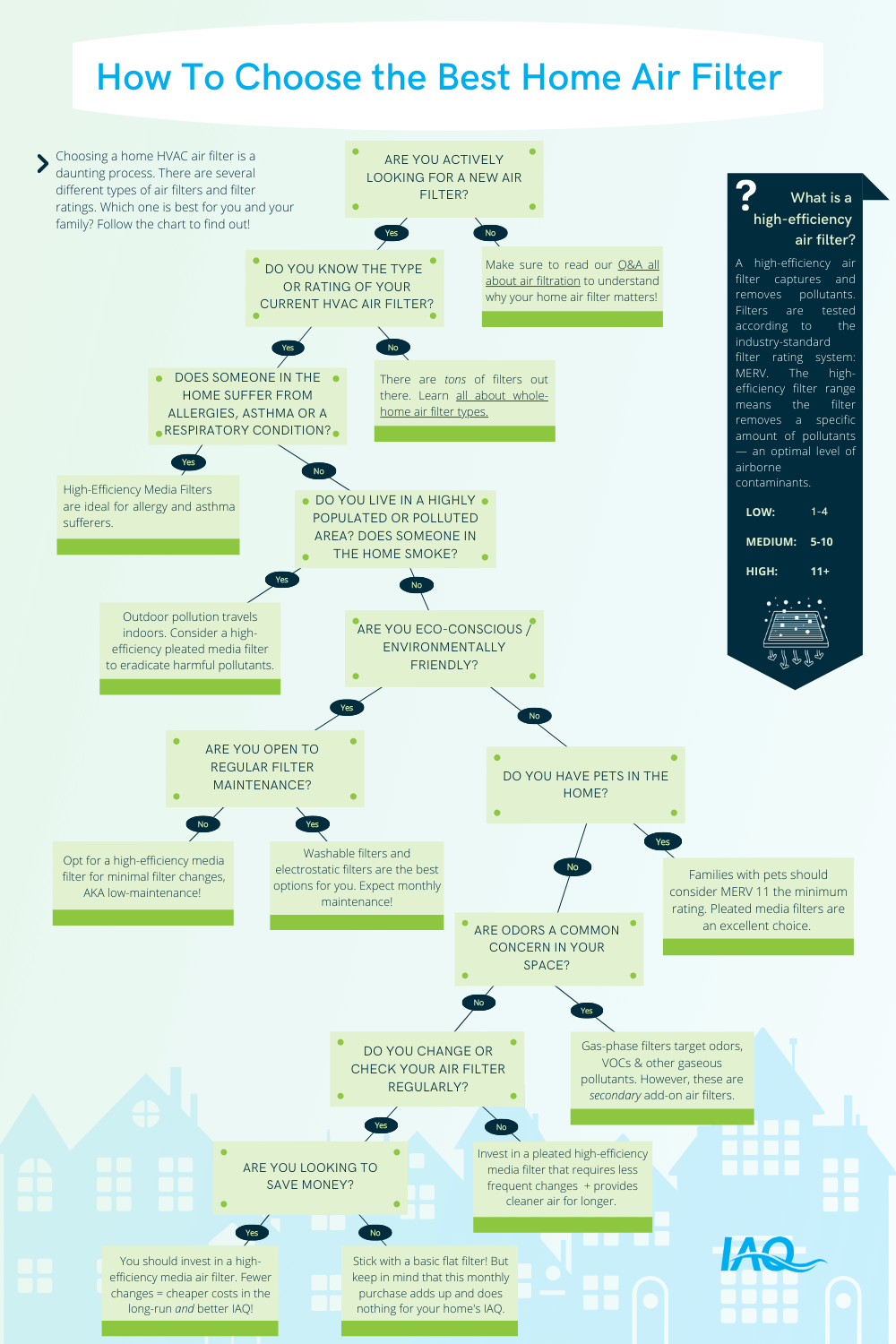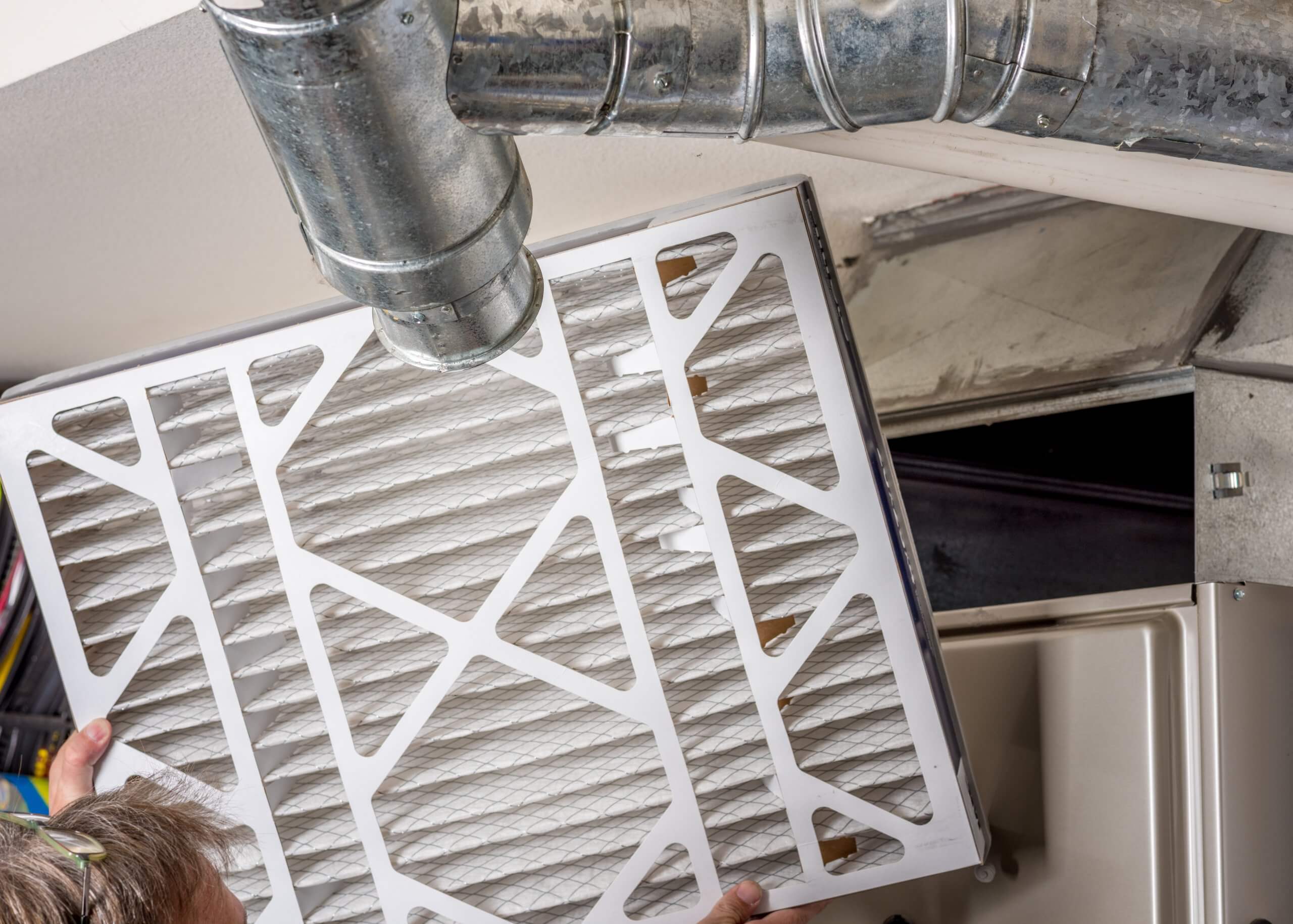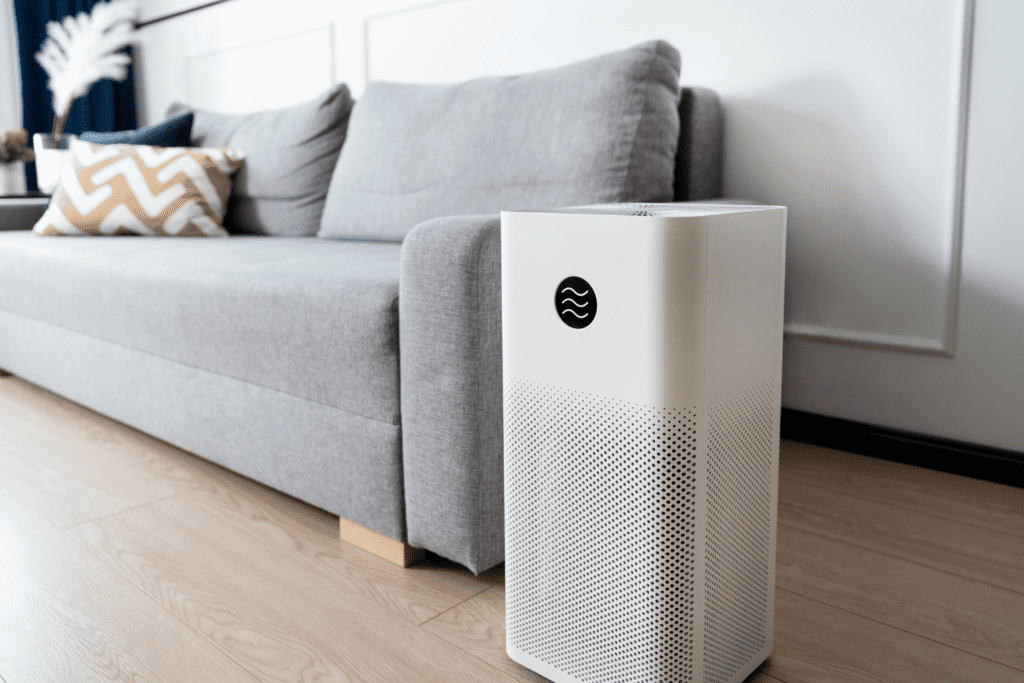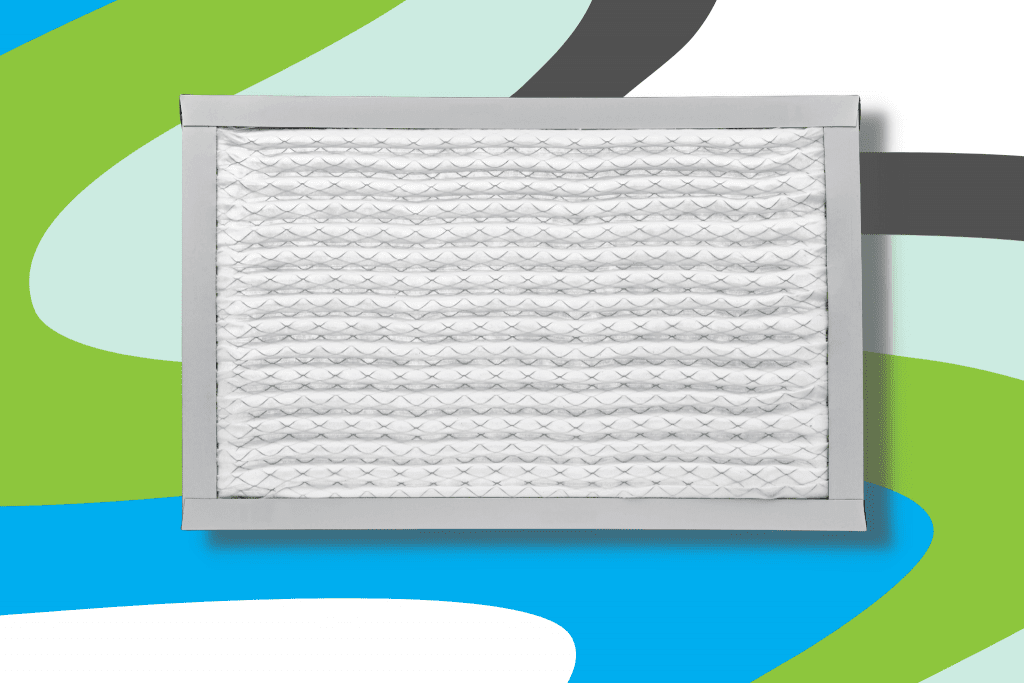Choosing an air filter for your home’s HVAC system is a daunting process. There are many different types of air filters with various ratings. But which one is best for you and your family? Let’s find out!
What Is an Air Filter?
Air filters are a crucial part of your home’s HVAC system. They promote healthy indoor air quality by removing pollutants that cause illness and discomfort. A durable air filter will prolong the life of your home’s HVAC system, circumventing costly repairs. Each air filter has a Minimum Efficiency Reporting Value (MERV) rating. This industry standard measures and compares a filter’s effectiveness at removing contaminants from the air. Air filters with low MERV ratings are less effective than those with a higher MERV rating. For residential homes, the MERV rating scale ranges from 1-16, the latter being the highest rating.
What Are the Different Types of Air Filters?
There are a few commonly used filter types in the HVAC industry. Let’s take a look at the advantages and disadvantages of the main filter style categories.
Media Filters
These highly rated filters are effective without static pressure or airflow resistance issues. Media filters are easily maintained and are able to capture a variety of pollutants with their large surface area—media filters are often pleated. Higher-rated media filters only need to be replaced once or twice per year, but they are more expensive upfront. When it comes to improving indoor air quality and providing cleaner, healthier indoor air, a high-efficiency media air filter is your best bet.
Pleated Filters
These filters are relatively mid-range cost with reusable and disposable options. Pleated filters have a large surface area and are able to filter dust, dander, mold spores and other contaminants. Fortunately, pleated filters with higher efficiency ratings are durable and last longer than the average filter. Pleated refers to the filter’s design style, they can vary across MERV ratings and material choice.
Flat / Panel / Fiberglass Filters
These filters are extremely common, affordable and disposable. Fiberglass filters are relatively good at removing certain allergens such as lint and dust. However, they don’t have the capacity to remove other smaller contaminants such as bacteria and mold spores. These filters are easily clogged making them a poor choice for those with respiratory illnesses or anyone wanting to improve indoor air quality.
 HVAC Filter: Choosing a home air filter is a big deal. It impacts your and your family’s comfort, health and wellbeing indoors. If you like our summaries of the different types of air filters, check out our more in-depth guide to every type of whole-home air filter here →
HVAC Filter: Choosing a home air filter is a big deal. It impacts your and your family’s comfort, health and wellbeing indoors. If you like our summaries of the different types of air filters, check out our more in-depth guide to every type of whole-home air filter here →Washable Filters
These environmentally friendly and affordable filters have a low MERV rating. Washable filters require regular maintenance in order to avoid mold and mildew concerns. They remove most contaminants in the small to mid particle size range but do not reduce odors. These filters are not recommended for those with allergies.
Electrostatic Filters
These affordable filters have reusable and disposable options. Electrostatic filters effectively handle small pollutants but struggle with larger ones.
High Efficiency Particulate Air (HEPA) Filters
These filters are an expensive investment, however, HEPA filters are wildly efficient. They are above the residential MERV rating, technically a MERV rating of 16 or higher, meaning they can remove 99.97% of pollutants and particles as small as 0.3 microns. They are extremely powerful, so powerful they are rarely used in residential homes as they restrict airflow. These filters need to be adjusted by an HVAC contractor so that they are compatible with your home’s HVAC system. HEPA filters are more often used in add-on home purification solutions.
Gas-Phase Filters
Gas-phase filters specifically target odors and gaseous pollutants. While these filters won’t really work as your home’s only air filter, they’re a great add-on choice. Also known as activated carbon or charcoal air filters.
Electronic Filters
These differ from electrostatic filters and other electronic air cleaning solutions. These are whole-home air filters that capture and remove pollutants but also are plugged in.
How To Choose the Best Home Air Filter
With so many different types of air filters, how can you choose the best air filter for your space? What questions should you ask? What factors should you consider?



We’ve put together a flowchart that answers many common questions and concerns about air filtration options. Follow the chart to figure out the best home HVAC filter for your home! Or let the questions inspire you to ask us or your expert contractor more about your personal home air quality concerns to choose the best air filter.

Breathe Right
Choosing an air filter for your home is a surprisingly personal process. There is no one-size-fits-all air filter. In fact, there are numerous variables to account for in order to secure the health of your family. Allergy and asthma sufferers have different requirements than those with severe respiratory illnesses. Families with pets have different requirements than those without pets. Regardless of the type of filter chosen, it’s important to invest in a filter with an appropriate MERV rating for your home so that you and your family can breathe right!






